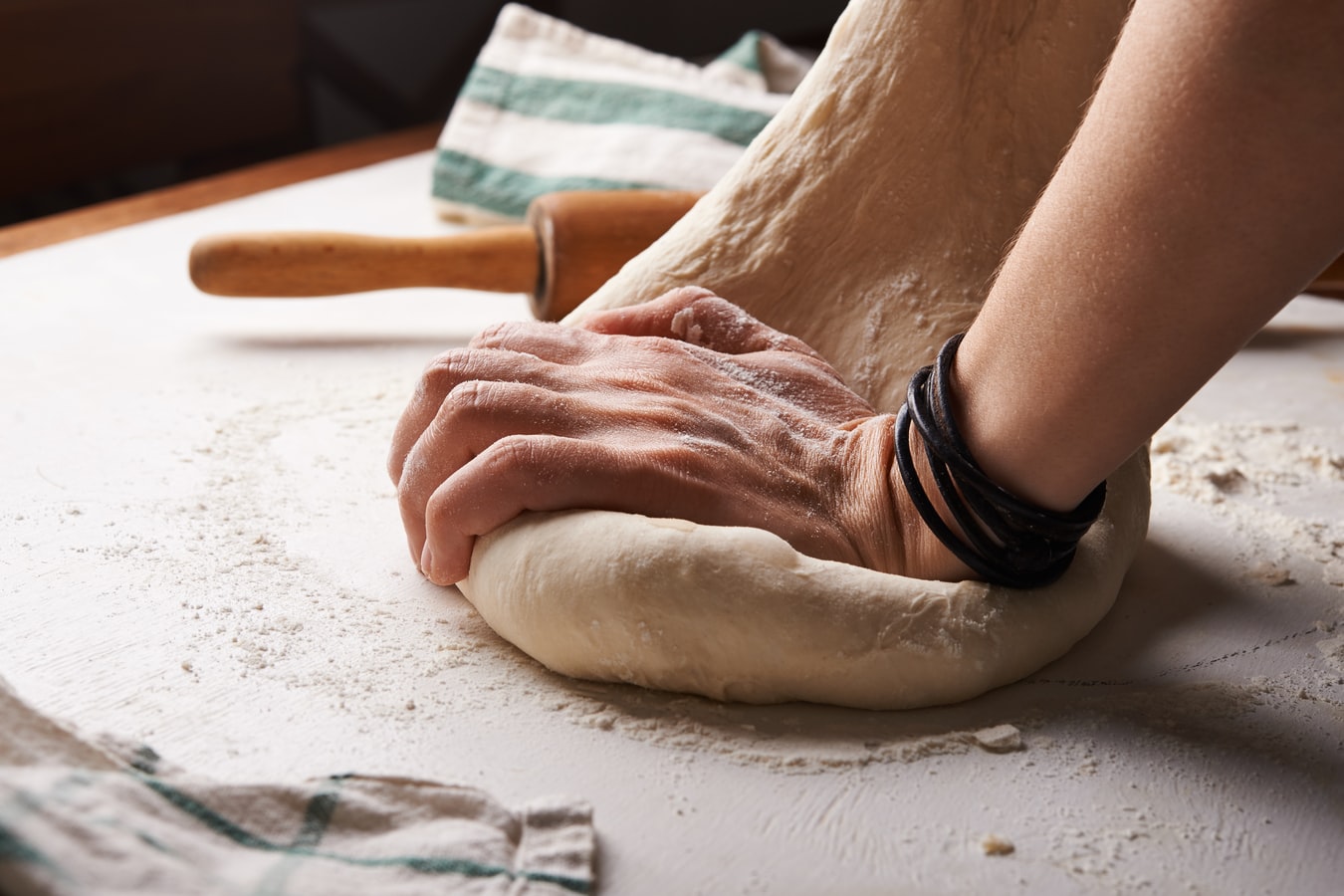Created with meaningful tasks and purposeful activity at its heart, the Montessori approach is one of the most innovative ways to offer truly person-centred care for people living with dementia…
The Montessori approach to teaching has been used for everyone from toddlers to troubled teens. It started out as a programme to help young adults with mental health problems and special needs, but was eventually developed for mainstream education and remains popular to this day.
Placing an emphasis on independence, freedom within limits, and respect for a person’s natural psychological, physical, and social development, its activities are simple, modifiable, and practical. In a childcare setting, the Montessori approach focuses on meaningful play and purposeful activity which could be anything from planting vegetables and sorting out a basket of toys, to doing the washing up or helping lay the table for lunch. Even with craft activities, children will often be asked to set out paintbrushes, pour glue into pots or help stick up completed artwork. Every activity has a series of tasks involved in the setting up, completion and clearing up processes – the Montessori method ensures that the child is involved in all of these, and not just one.

Montessori and Dementia
30 years ago, seeing the benefit of organising activities in this way, Dr Cameron Camp, an American scientist specialising in ageing, developed the Montessori method for people living with dementia. He saw that the focus on meaningful activity and tasks that had a purpose would suit itself well to a care setting, and that these kinds of activities would give people both a sense of accomplishment and reconnect them with a part of their personal history.
“Maria Montessori believed every person has the right to be treated with respect and dignity, to have a meaningful role in a community, and to contribute to the best of their abilities,” said Dr Camp.
The Montessori approach that Dr Camp developed, focuses on the strengths and abilities of people living with dementia, matching them, along with their personal interests, to specific activities. His approach works to rediscover and support the person behind dementia, while activities with meaning and purpose are put back into their lives.
This approach has proved incredibly successful. Montessori methods help reduce and prevent challenging behaviours associated with dementia, while boredom and loneliness are reduced through activities that embrace roles, routines, and improve self-esteem. In a 2016 study, participants of a Montessori program run by Dr Camp showed improvement in activities such as being able to feed themselves and also a noticeable decrease in the use of antipsychotics, antidepressants and sleeping pills.

Montessori Activities
In a Montessori activity, the environment is tailored to the person’s unique needs, but is also familiar, filled with everyday objects and things that they are used to. A big focus is put on maintaining or learning new skills, which is done by the repetition of that skill, and demonstrations from a carer too. Focusing on activities that enable individuals to be as independent as possible is really important, as this develops people’s self-esteem and helps them to feel that they are making a meaningful contribution to their community.
Activities should match the interests and skills of residents, and you can use past experiences to shape these activities accordingly. Be open to adaptation needed if there are cognitive and physical limitations, and break down activities into smaller steps according to abilities. Use everyday materials that can be held and manipulated easily, and are familiar to your resident. Demonstrate the activity first, while allowing a resident to hold materials or tools related to the activity so they aren’t sitting passively but are involved from the outset.
“Our focus is working with the strengths that remain – finding the person behind the memory problems, engaging the individual and letting everyone involved have a feeling of success and accomplishment.” (Dr Camp)
Encourage and assist, but don’t talk too much. Allow them the space to figure things out at their own speed. It’s also important to get a sense of progress, start with simple activities but allow for the possibility of new learning and development.

Meaning and Purpose
Some of our favourite Montessori-style activities are included below:
- Laying the table, folding the laundry, putting cutlery away, sweeping the floor.
- Decanting ingredients into storage jars, filling the salt cellars, drying up.
- Sorting colours or pictures, puzzles and word/picture matching. (Make them specific to a person’s interests.)
- Gardening, planting seeds, watering, sorting flower pots by size, organising tools.
- Picking apples or plums, pulling carrots or potatoes, cutting and arranging flowers.
- Identifying different scents using candles or essential oils, tasting, touching and identifying fruit.
- Listening to music, identifying songs, dancing, singing and playing instruments.
Looking through these activities, it may be that you do many of them already, but it might not be that you and your team have recognised the importance behind these activities or how to get the best out of them. The Montessori approach is really about the individual, about building a life for them now that has meaning and purpose, that feels familiar and positive. “Our job is to allow this person to be present,” explains Dr Camp. “To help them, wherever they are in the journey of dementia, to be connected with a community and contribute to the best of their ability.”

Further Info
If you’d like to find out more about the Montessori method and how it might work in your care home, you can read a really positive article here – and find out about accredited two-day Montessori courses here. For further ideas, there is a very detailed and practical article here, with some suggested activities and plans; while this article explains the different types of activities that work well for people living with dementia.
Finally, this brilliant video below, created by Dementia Australia, outlines what is meant by ‘The Montessori Approach’, and the sorts of things you will need to consider if you want to adopt it in your care home, as well as the various steps to go through in developing Montessori activities. You can also see more detailed videos here.




